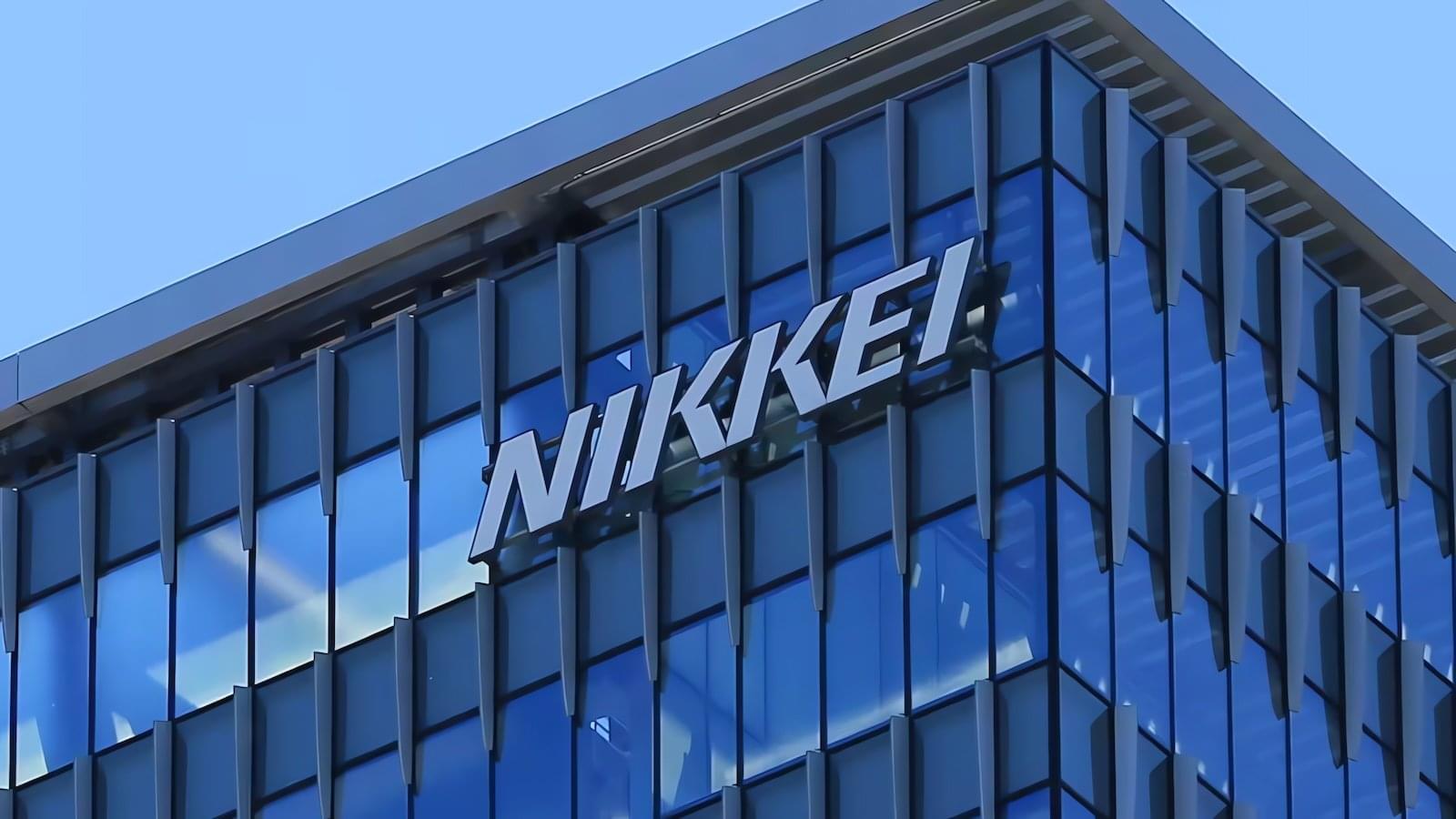In today’s AI news, Southeast Asia’s largest bank is rolling out an AI chatbot for its corporate clients, giving “round-the-block” access for customer care needs. A pilot version of the generative AI-powered chatbot, named DBS Joy, was rolled out in February. It has since managed over 120,000 unique chats, DBS claimed in a statement. The virtual assistant also cut waiting times, and customer satisfaction scores rose by 23%. The bank’s virtual assistant was first rolled out in 2018, under the same name.
In other advancements, Artificial intelligence giant OpenAI on Monday announced a new initiative that aims to make it easier for service members and veterans to use AI tools when they’re transitioning from military service to the workforce. The ChatGPT-maker announced that service members within 12 months of separation or retirement from, or any veteran within their first year of leaving military service, can access a free year of access to ChatGPT Plus, the company’s subscription-based tool.
Meanwhile, Neurodiverse professionals may see unique benefits from artificial intelligence tools and agents, research suggests. With AI agent creation booming in 2025, people with conditions like ADHD, autism, dyslexia and more report a more level playing field in the workplace thanks to generative AI. A recent study from the UK’s Department for Business and Trade found that neurodiverse workers were 25% more satisfied with AI assistants and were more likely to recommend the tool than neurotypical respondents.
And, San Francisco became a meme — a symbol of American urban decay. Between 2019 and 2024, the city lost 4 per cent of its population, one of the largest declines in America. But thanks to AI — and new “tough on crime” mayor Daniel Lurie — the vibe has, unquestionably, shifted. Since 2020, more than 2,400 AI companies have been founded in San Francisco, a city of just 830,000 people. “Hacker houses”, where bright-eyed coders live communally and build what they hope will be the next Google, have cropped up across the city.
In videos, Six of the most influential minds in artificial intelligence joined FT Live for an exclusive conversation on how their breakthroughs and the current state of AI are shaping our world. Jensen Huang, Yoshua Bengio, Geoffrey Hinton, Fei-Fei Li, Yann LeCun, and Bill Dally spoke with the FT’s AI editor, Madhumita Murgia at the FT Future of AI Summit in London. Together, they reflected on decades of pioneering work — from neural networks to generative AI and discuss the ethical, social, and economic implications of the technology they helped to create.
Then, Ellis Hamburger and Alex Heath chat about the Sources launch party, and living in late-stage extractionism. Then, they are then joined by Runway CEO Cristobal Valenzuela to discuss the hardest part about AI, why golf courses are a bigger problem than data centers, and how world models are changing our world forever.
And, David Sacks, White House AI and Crypto Czar, joins Marc, Ben, and Erik on the a16z podcast to explore what’s really happening inside the Trump administration’s AI and crypto strategy. They expose the regulatory capture playbook being pushed by certain AI companies, explain why open source is America’s secret weapon, and detail the infrastructure crisis that could determine who wins the global AI race.







